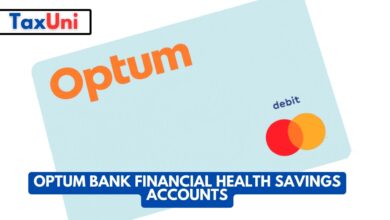USAID Grants
USAID grants provide funding for development projects around the world. These projects are often based on collaboration with other organizations. This can be in the form of research or in the form of purchasing equipment and materials.

The United States Agency for International Development (USAID) is the government agency responsible for administering civilian foreign aid. Its mission is “to partner to end extreme poverty and promote resilient, democratic societies while advancing the security and prosperity of the United States.” The US government offers a wide range of federal grants to non-profit organizations in the USA and outside. These funding opportunities are highly competitive, so it is important to understand the criteria and preparation process before submitting a proposal.
This includes assessing your eligibility, researching the funding opportunity, drafting the application, and negotiating the grant award. One way to find funding opportunities is through the Funds for NGO portal. This site displays all available USAID grants and their application deadlines and categories. It is also recommended to review the Country Development Cooperation Strategy for your specific country and region, as well as USAID’s overall mission and priorities.
SAID is focused on two complementary and intrinsically linked goals: ending extreme global poverty and enabling resilient, democratic societies to realize their potential. To do this, the Agency seeks innovative partners to co-create, co-design, and invest in development solutions. This requires a broad approach that brings together the best ideas from around the world.

How Do USAID Grants Work?
USAID uses a competitive grant process to meet its development goals in the world. It partners with NGOs (non-governmental organizations) to fund local projects that fulfill specific regional country goals. These projects focus on boosting healthcare, human rights, and economic growth.
USAID also focuses on monitoring and evaluation to ensure their programs are making the intended impact. They use a variety of methods to track progress and evaluate the effectiveness of their programs.
The bureaucratic nature of the funding process can be daunting for smaller organizations, especially those based in the Global South. It’s not unusual for legacy contractors to hire staff devoted solely to preparing bids, while a smaller, more focused organization could struggle to compete. In some cases, this leads to a situation where only the biggest organizations receive USAID funding, even though thousands of worthy, Global South-based groups could help make a difference. USAID is working to change this by introducing new fixed-amount grants that pay contractors only when they achieve predetermined milestones and results.
To achieve its goals, USAID partners with people in assisted countries to help them create and manage their own sustainable development. USAID is unique among US government agencies in its commitment to participatory development, a process that involves people in sharing ideas, committing time and resources, and taking action for their own development. USAID has offices throughout the world to implement this philosophy and execute US government assistance agreements.





